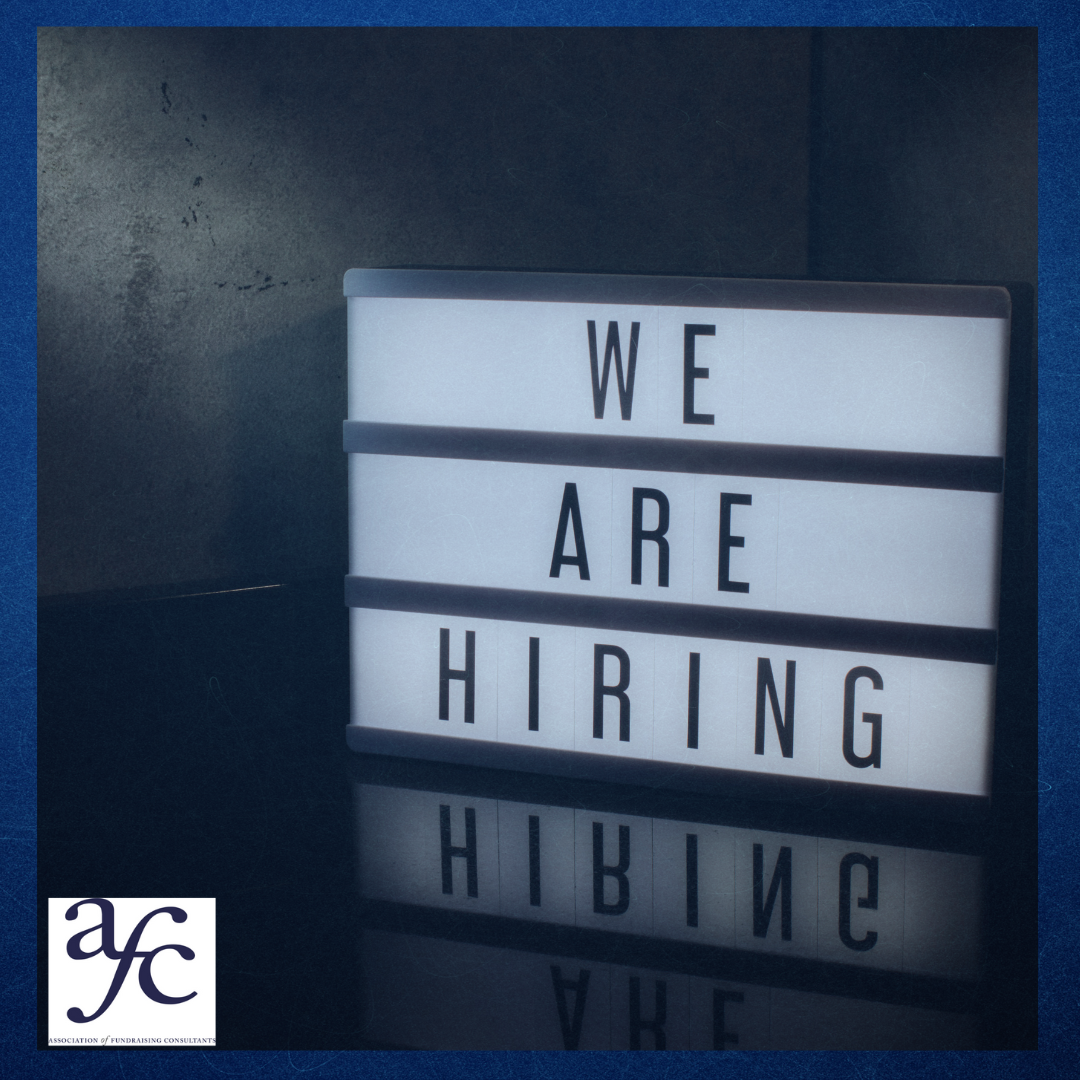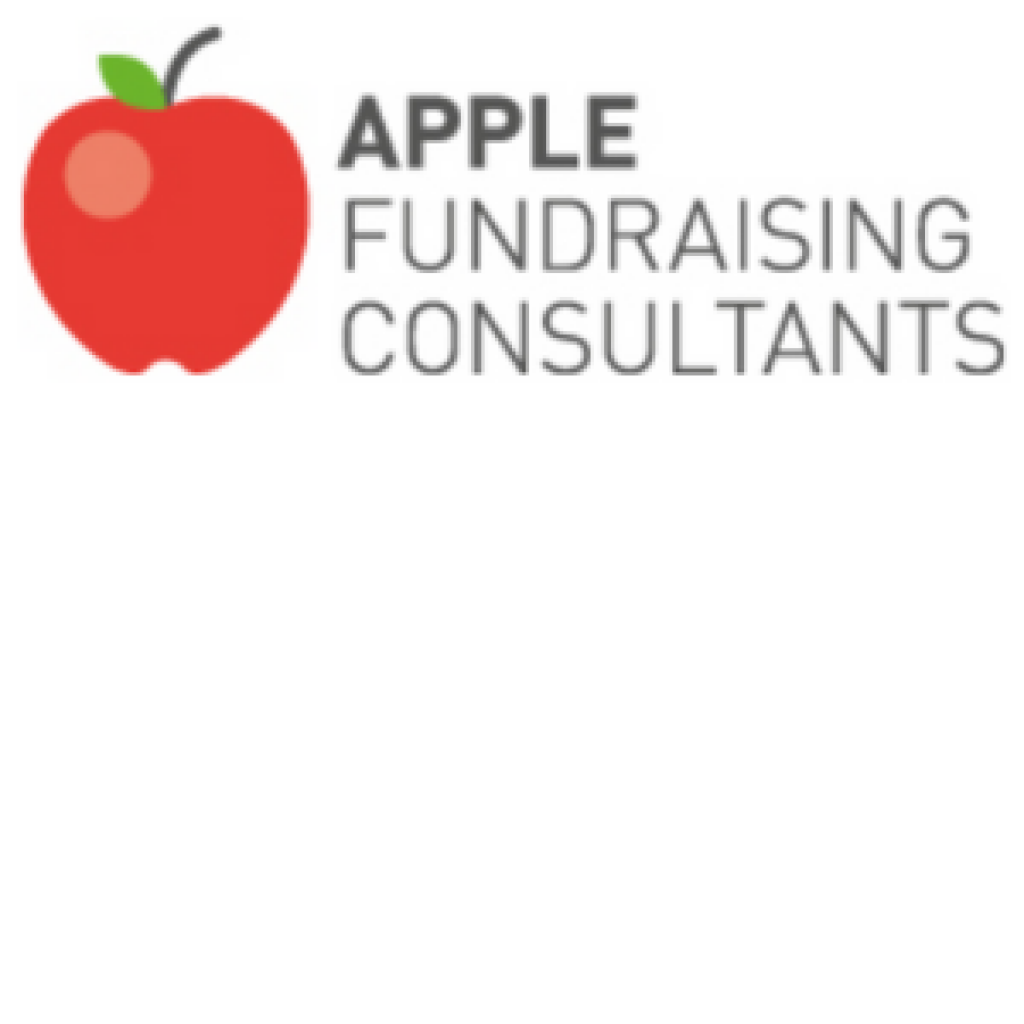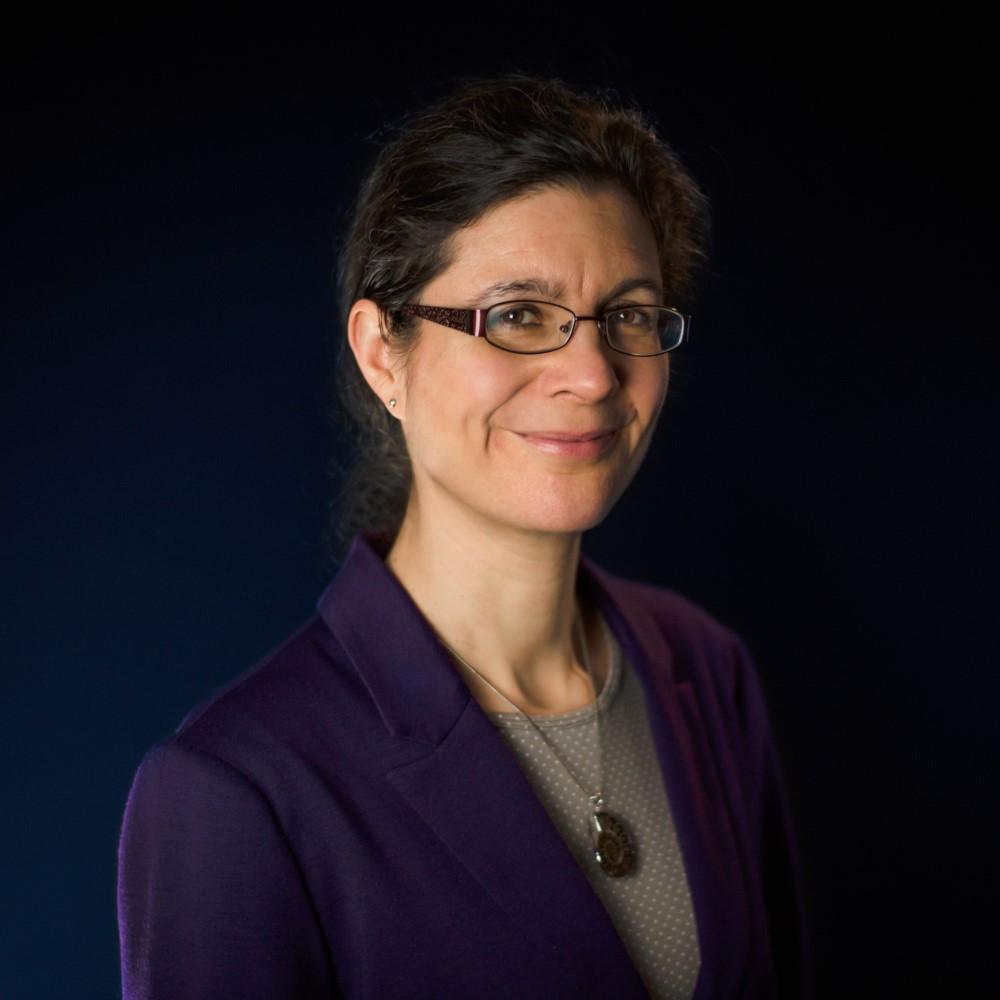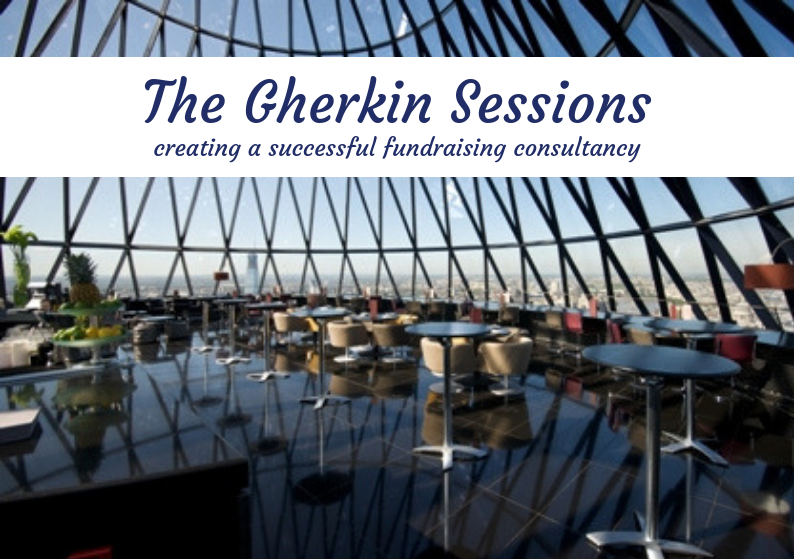The AFC is changing and we are hiring!

The AFC has plans to expand and incorporate fundraising freelancers. To make this change possible we are looking to hire a freelancer to assist with growing our membership in its new form.
Our initial requirement is for a freelancer to work 2 days a month for 6 months. Please click the link to find the details of the business development terms of reference – BUSINESS DEVELOPMENT TERMS OF REFERENCE
If you feel that this might be for you, please send in your CV along with a cover letter (max 2 pages) setting out your proposed approach to meeting the brief and why you feel you would be a good fit with the Association of Fundraising Consultants. The email address is enquires@afc.org.uk
The deadline for applications is the 6th of January 2024.






















Recent Comments